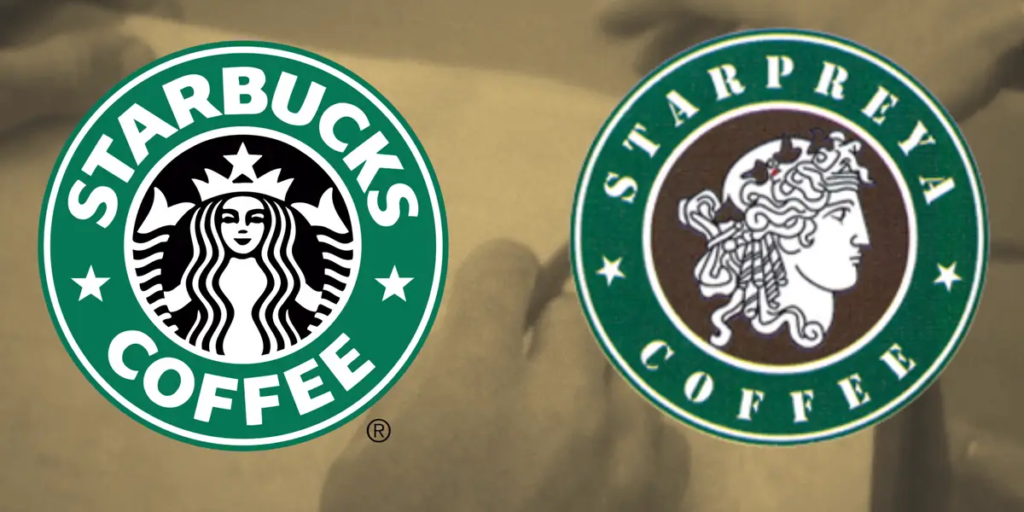When it comes to branding, a logo is much more than just a symbol. It represents a company’s identity, its values, and its promise to its customers. However, there have been instances where companies have been accused of copying the logos of their competitors, leading to controversies and legal battles. Here, we delve into seven such instances that sparked significant controversy.
- Airbnb and Automation Anywhere: Airbnb’s logo, when it first debuted, was quickly compared to Automation Anywhere’s emblem, which was launched around the same time in 2014. The resemblance was so striking that it sparked controversy. However, both companies promptly addressed the issue, with Automation Anywhere transitioning to a new logo design that didn’t mirror Airbnb’s. This incident highlights the importance of conducting thorough research and due diligence before launching a new logo.

- NBC and ETV: In the 1970s, NBC unveiled a new logo that bore a striking resemblance to that of ETV, a Nebraska network. The similarity led to a lawsuit, forcing NBC to quickly create another logo. Eventually, NBC returned to its classic peacock-based designs, demonstrating the value of originality in logo design.

- Quark and the Scottish Arts Council: Software developer Quark faced backlash for its logo, which was eerily similar to that of the Scottish Arts Council. Quark had to apologize and subsequently moved on to a newer, more colorful logo. This incident underscores the importance of uniqueness in logo design and the potential repercussions of imitation.

- Starbucks and Starpreya: Starbucks and Korean chain Elpreya had a logo dispute, with the Korean courts ruling in favor of the native company, Starpreya. Despite Starbucks’ continued appeals until 2007, Starpreya was allowed to continue using its nearly decade-old logo. This case illustrates the complexities of international trademark laws and the importance of understanding local market dynamics.

- Deadmau5 and Disney: DJ Joel Zimmerman, better known as Deadmau5, faced a lawsuit from Disney, claiming his logo was almost identical to Disney’s Mouse Ears Marks. However, by 2015, Disney and Deadmau5 settled, and Disney withdrew its complaint. This case highlights the potential challenges faced by individual artists in the face of corporate giants.
- Formula One and Futuro: When Liberty Media bought Formula 1 in 2016, it introduced a new logo in November 2017. However, 3M lodged a complaint, claiming the new logo looked remarkably similar to that of its Futuro line of braces and supports. The case is still ongoing, demonstrating the potential long-term implications of logo disputes.

- Pepsi and the Obama campaign: Barack Obama’s 2008 campaign logo was compared to the Pepsi logo. Despite initial reservations, Obama stuck with it, and it became an iconic symbol of his presidential bid. This incident underscores the power of a strong logo in shaping public perception and driving a successful campaign.
In conclusion, these instances of logo controversies highlight the importance of originality and uniqueness in logo design. They serve as a reminder for companies to conduct thorough research and due diligence before launching a new logo, to understand trademark laws, and to be prepared for potential legal battles. After all, a logo is much more than just a symbol; it’s a representation of a company’s identity and values.










